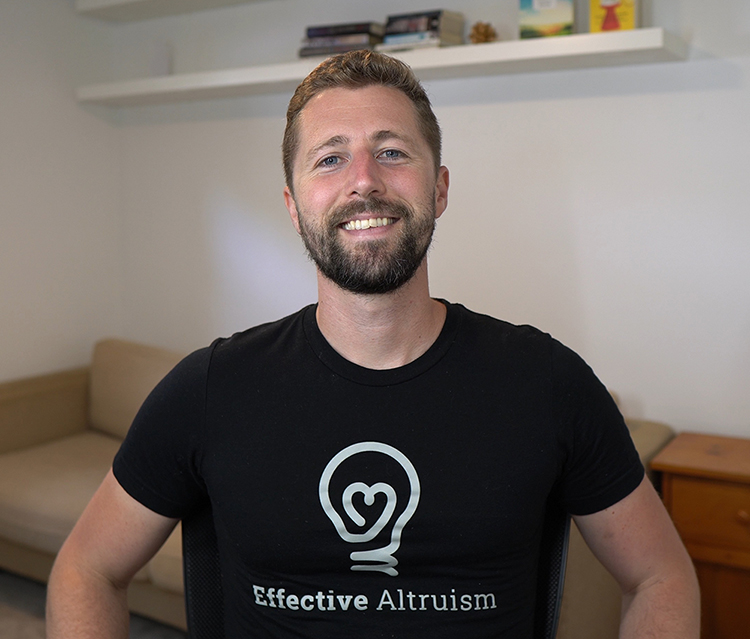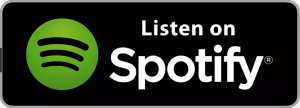Summary
Have you ever wondered how far your donations to charities really go? I know it feels good to donate and we should all consider giving away part of our wealth considering we Aussies are some of the wealthiest people on the planet, but I’m not sure many of us really go over with a fine-tooth and comb how the money is spent and how many people are affected with every dollar.
Today I’m speaking with Luke Freeman, a former tech and marketing professional who had a desire to positively affect the lives of the less fortunate in the world. Luke is the Chairperson and a Board Member of Effective Altruism Australia and Executive Director of Giving What We Can, which are both charitable organisations designed to help the less fortunate.
The attributes of effective altruism share a lot of similarities with the FIRE movement. It’s all about using evidence and reason to figure out how to benefit others as much as possible, and taking action on that basis.
Some of the topics we discuss in this episode:
- Who is Luke Freeman and how did he become interested in giving back to others? (03:05)
- What is Effective Altruism Australia (EAA) and how did it start? (07:33)
- Is EAA a not-for-profit organisation and how does it actually work? (10:04)
- What are the tax advantages of donating through EAA? (14:58)
- What metrics does EAA use when assessing how effective time and money are used in charitable organisations? (16:39)
- Is corruption in charitable organisations a real issue or is it overblown by the critics? (22:56)
- What are some of the biggest problems in the world that EAA is targeting? (27:25)
Links
- Website – Effective Altruism Australia
- Website – Giving What We Can
- LinkedIn post – Eating Less Than $2 / Day








Yes! Another home run pod AFB. Love this topic and podcast! 😍
Effective Altruism Australia is fantastic. Data driven, high ROI donating. My wife and I have been donating to them for years. I like to think of it as “Effective Altruism is to charity donating” as “Financial Independence is to Personal Finance”. It’s an extreme optimisation! 🔥
Some great books on the topic that really hit home for me were Peter Singer’s The Most Good You Can Do and William MacAskill’s Doing Good Better… Both were borrowed, courtesy of the local library 😁
🏌️♂️⚾
Good episode to close out the year 🙂
especially appreciated Luke’s comment around the 31min mark: ‘while a single person can’t change the world, many of us can make a world of change for those that we can help.’
I have sought to donate to worthwhile charities, as I am in a good financial position myself. I took quite a bit of time on deciding who I should donate to, in much the same way that I took time to decide on my investments. I started with charities based on circumstances within my own family and I branched out from there. I am very concerned about the environment and I wanted to donate to an organisation that not only did positive things, but used a large percentage of donation money for their work, other than their administration costs.
In my will, I have also left my share market investments to various charities and the family will get the rest. To me, it is important to leave a legacy and I want my money to be helpful to charities I am passionate about, both whilst I am living and after I have left this earth.
Good episode guys. Enjoyed hearing the insights into the selection and evaluation process. Keep up the good work Luke.
Tip to anyone donating, be mindful of the amount and frequency giving. I have done work for a charity and a donor gives $5 per month. The donation is welcomed, however by the time the bank fees and admin processing is taken into account. Not much left. Would be 8x to 10x better if that donor gave $60 once a year.
Great tip Marco
Great episode, definitely some food for thought as we go into the holiday period.